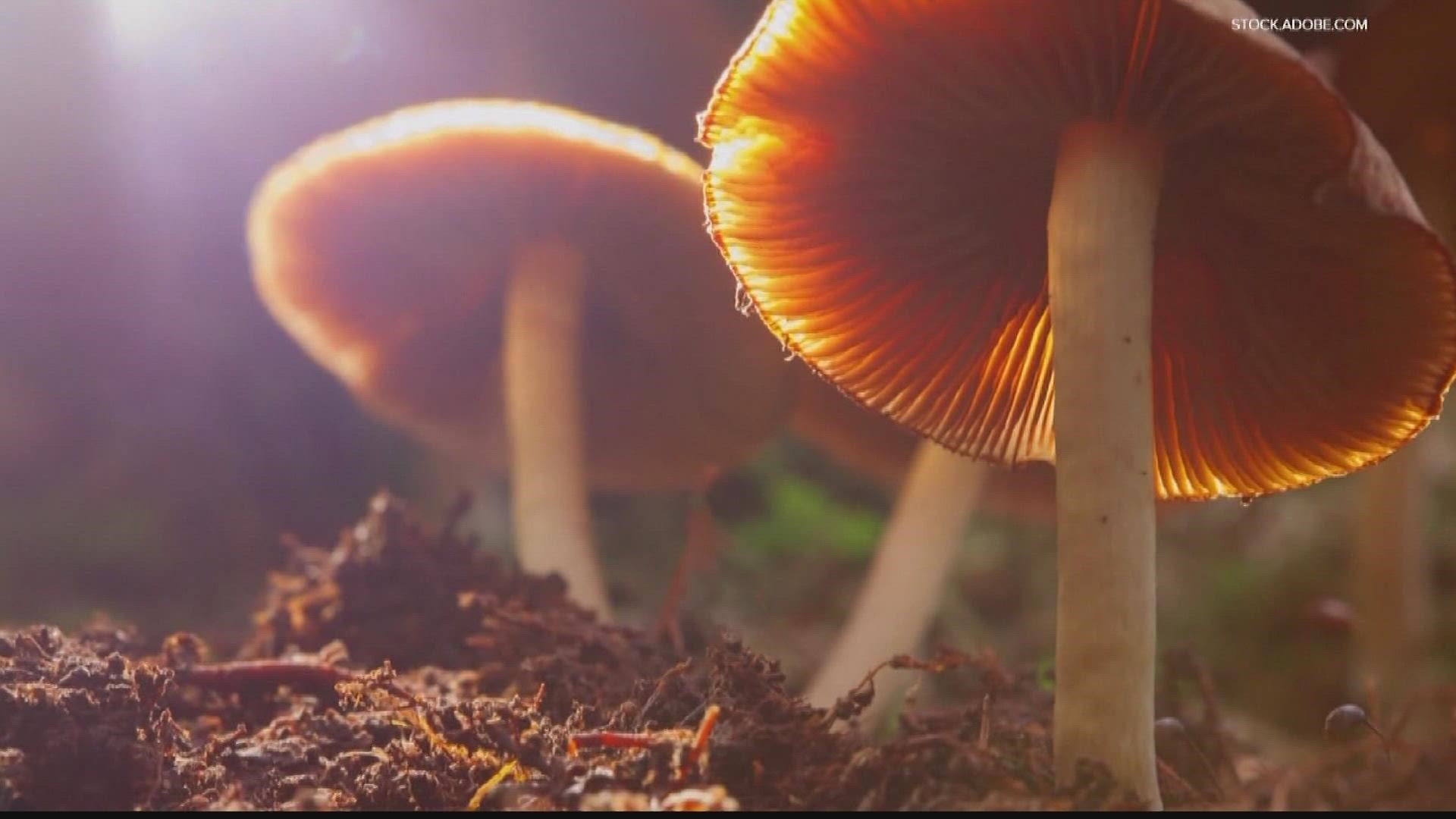ATLANTA — An Atlanta councilwoman has introduced a measure that would advise police to make it a low priority to prosecute folks in possession of psychedelic mushrooms, which are illegal under federal law.
Many of the arguments heard Monday during a public safety hearing were in favor of psychedelic mushrooms and mimic some of the arguments used successfully to legalize medical marijuana in Georgia.
"Passing this bill could truly save lives," Lauren Thompson told the city council's public safety committee.
The folks in the room said they were part of a national movement to normalize the use of psychedelic mushrooms and other plants now illegal under federal law. One therapist, Jeff Glattstein, cited the work of researchers "showing so many benefits of these natural traditional medicines for the treatment of mental health conditions, like depression, anxiety, PTSD trauma, (and) addiction, which we know is an epidemic."
They are backing a city council measure asking that ask “no city funds be utilized to investigate reports of individuals involved with the personal use, growth or possession of Entheogenic plants, fungi and spores.” It's similar to a measure that passed three-to-one by voters in Washington D.C. two Novembers ago.
Siemone Guirguis, executive director of Decriminalize Nature Georgia says psychedelic mushrooms ended her need for traditional medicine to treat mental illness.
"During the experience, I was able to heal the root causes of my depression and anxiety. It has been nine years without any psychiatric medication," she told the committee. "I have been advocating for mushrooms since."
Advocates blame a backlash against Vietnam and Civil Rights protests for a federal law making psychedelic mushrooms illegal. President Richard Nixon signed the measure in 1970. Advocates say such stuff was used in human history long before Nixon and Congress enacted the Controlled Substances Act.
"Psychedelics were seen as a threat," Guirguis said.
While backers talked up the medicinal qualities of natural psychedelics, they also didn't downplay their mind-expanding qualities.
"These traditional medicines truly change the neural pathways within our brains. They target the roots of so many imbalances, rather than simply treating the symptoms," therapist Lena Franklin told the committee.

